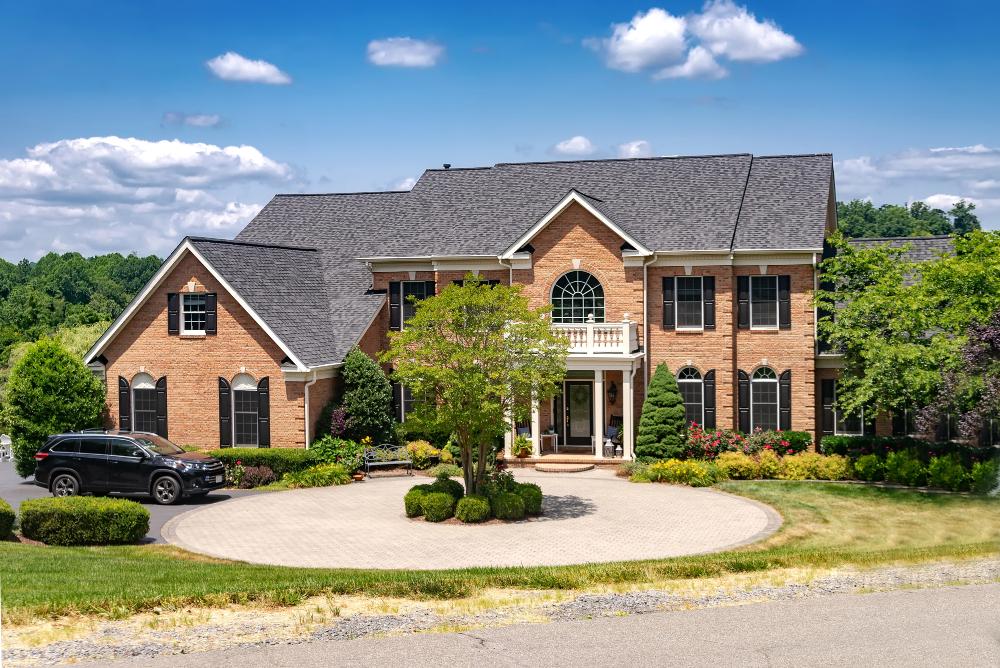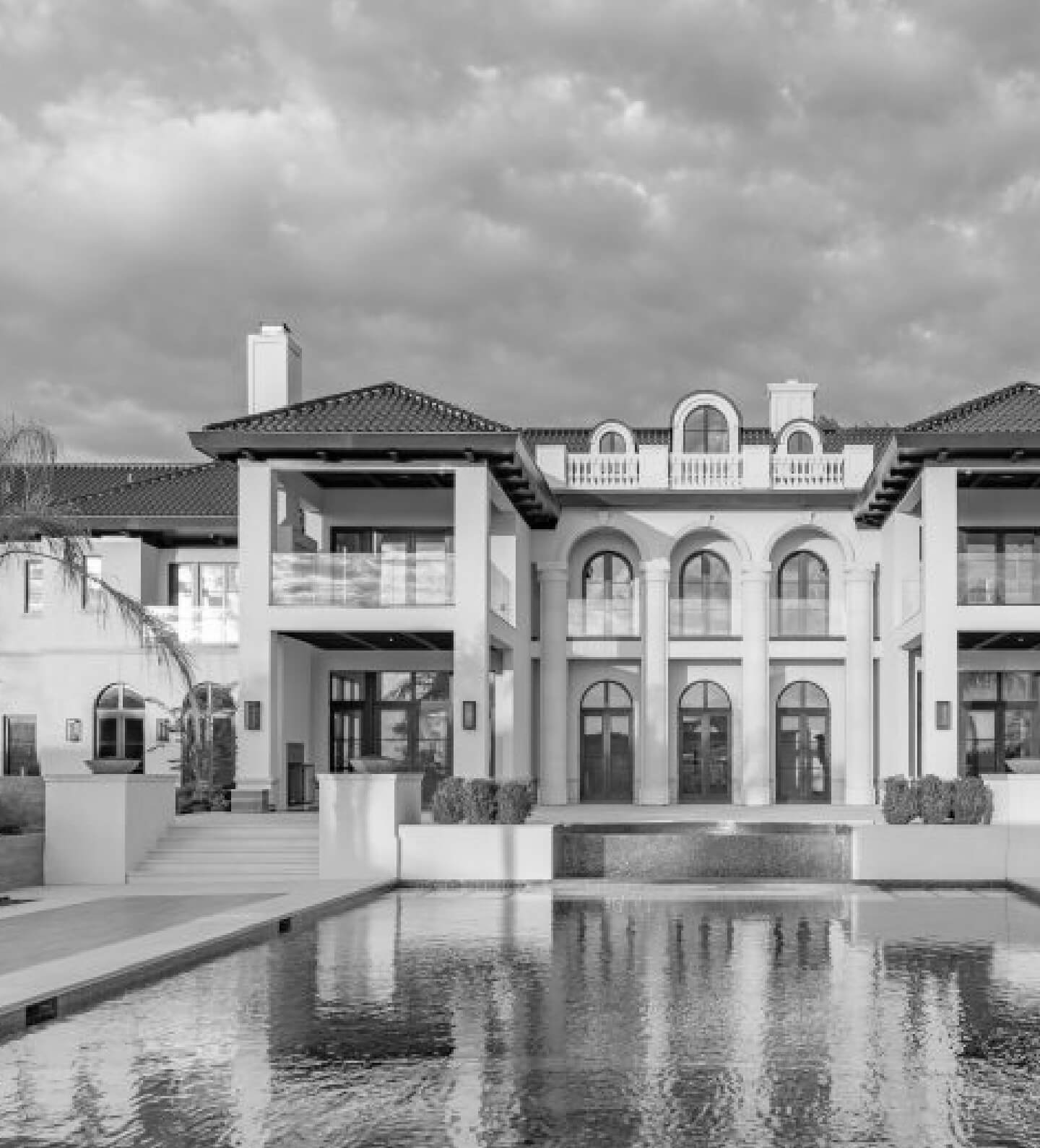Can a second home be considered a primary residence? While it might seem like a quick way to unlock certain benefits, the answer isn’t as simple as slapping a label on it. The IRS has specific guidelines and requirements that determine if your second property can be reclassified as your primary residence. Find out how your second home can fit the bill with tips from a top-producing New Jersey realtor.
What Defines a Primary Residence?
A primary residence is the home where you live most of the time. It’s the address you use for tax purposes, your driver’s license, and voter registration. The IRS uses the term “primary residence” to describe the home that occupies the majority of your time over the course of the year. For tax purposes, a primary residence can also offer benefits like mortgage interest deductions or capital gains exclusions when selling.
The Requirements for Primary Residence Status
For a second home to be classified as your primary residence, you must meet certain requirements. The first is time spent in the home. According to the IRS, your primary residence is the one you live in for more than half the year. If you live in your second home for at least 183 days a year, it could qualify as your primary residence.
However, just spending time there isn’t enough. The home must also be where you conduct your daily life. This includes work, family activities, and other routines that make it your “main” home.
Factors to Consider for a Second Home
If you want to turn your second home into a primary residence, there are a few key factors to consider. For example, your second home must be more than just a vacation getaway. You must genuinely live there for a significant portion of the year. If you split your time between multiple homes and neither one truly dominates your schedule, then it may be difficult to claim one as your primary residence.
Another important factor is your mailing address. If you are still using your original primary home’s address for important documents, the IRS may see that as an indication that your second home isn’t really your primary residence.
Tax Implications
Classifying your second home as a primary residence can have several tax implications. The most notable is the capital gains tax exclusion. Living in a home for two out of the last five years may let you shield up to $250,000 in capital gains from taxes ($500,000 if you’re married).
However, if your second home is classified as a vacation home and not your primary residence, you may lose out on these tax benefits. This may happen when you sell. Note that how you classify the home may affect mortgage interest deductions and property tax deductions.
How to Change Your Primary Residence Status
If you’re considering making your second home your primary residence, you’ll need to establish it in your official records. This could include changing your mailing address and updating your driver’s license. You’ll also need to make sure that other legal documents reflect your new residence.
Be aware that this process might not be instantaneous. It can take time for the IRS to recognize the change in your living arrangements, and they may require documentation to support your claim.
NJLux Real Estate: Your Gateway to New Jersey’s Premier Luxury Real Estate
You can consider a second home your primary residence under specific conditions if you meet criteria like time spent living there and official documentation.
At NJLux Real Estate, we specialize in New Jersey’s luxury real estate market, with a focus on Bergen County high-end homes. Led by Joshua Baris, a top 1% ranked realtor with a proven track record, we provide unparalleled service and expertise to help you buy or sell luxury properties. Joshua has been featured on national television and honored by prestigious real estate publications.
Whether you’re buying your dream home or selling a luxury property, NJLux Real Estate is committed to achieving the best possible results for you. Contact us today to begin your real estate journey with us.













